
It’s often all too easy for businesses to dismiss recycling and green initiatives as too costly to implement compared to conventional methods. After all, a good capitalist knows one ought to maximize revenue while minimizing expenses, right? But just as rent or property taxes, equipment, wages, and whatever else you care to list off your books is considered a fiscal cost of doing business, we cannot forget the cost we inflict on our planet as well. While some CEOs might try to justify this lapse of judgment with “shrewd business principles,” reminding their detractors of the all-important bottom line, there are entrepreneurs molding their own empires from the big guys’ missed opportunities.
By now it should come to no surprise that humankind has a plastics problem. Every year, millions of tons of plastic waste finds its way into landfills and oceans; the Los Angeles area alone contributes five tons of plastic fragments into the Pacific Ocean daily (or roughly 1,825 tons annually). In turn, plastic waste poisons eco-systems and kills hundreds of thousands of marine animals and birds every year. It’s even poisoning us as plastic chemicals like BPA are absorbed into our bodies.
If the health and environmental issues for some reason don’t phase you, there’s also a huge economic cost to all this waste. Given the complex methods and costly equipment used to manufacture plastic in the first place, all that time, energy, and money is literally just swirling in the ocean currents or strewn across our beaches, landfills, cities, and forests. If detractors to sustainable initiatives are so worried about cost, how do they then justify all that plastic cash laying around just waiting to be picked up and converted into real currency by someone else? Well, a Dutch design student was getting sick and tired of waiting for an answer.
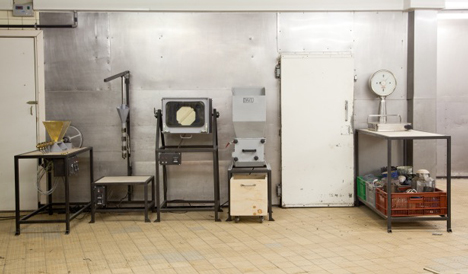
The original Precious Plastics machines Image source: Dezeen
A few years ago, Dave Hakkens decided to do something about this plastic litter. Perplexed by why we recycle so little, he started knocking on doors and talking with business owners as to why they were so hesitant in greener policies. “I went to all these companies and realized that the machines they use to build plastic products are really expensive, very precise and efficient,” he told Dezeen back in 2013. ”
[The manufacturers] don’t want to use recycled plastic because it’s not as pure so it could damage the machinery or slow down production.”
That line of thinking makes enough sense: if your machines can’t handle recycled materials efficiently or you risk ruining them in the process, it’s not as simple as biting the bullet and revamping your green policies. But that wasn’t enough to stop Hakkens.
At the Design Academy Eindhoven‘s graduation show that year he unveiled Precious Plastic, an open-source suite of machines made specifically to counter this problem. With a shredder, extruder, injection molder, and rotational molder, Hakkens hopes to make recycling plastics its own lucrative industry. “People can play around, start a business, and recycle like rockstars.”
What’s most interesting about Hakkens’ approach is that he’s successfully managed to kill two birds with one stone. Not only is he addressing the global plastic waste crisis, he’s empowered anyone — whether it’s the companies he’s talked to or you reading this at home — crafty enough to make money doing it. If someone’s not motivated by the moral and ecological implications, let the pursuit of profit take the reins. The only difference is that pursuit is cleaning up a massive mess.
As each machine is modular and the designs can be found for free on Precious Plastic’s website, your production line can be customized and upgraded as you need it. What you create from there is limited only by your imagination and the supply of plastic garbage you find laying around. “These machines allow everyone to create new things from plastic, set up a production, start a business, [and] clean up the neighborhood.”
If you’re not the artsy, imaginative type, you need not worry; Hakkens is still supporting his project three years later with updated designs and a video library complete with how to build each machine and various plastic production-related topics. If I were to venture a guess, he’s not leaving anyone with an excuse to not be able to take advantage of his inventions.
And for good reason.
With Precious Plastic, upcycling plastic waste has the potential to become a profitable endeavor. Much like carpenters who carve their products from wood, or sculptors and masons who chip away at stone, reclaimed plastic might as well be the next “raw” material to enter the economy with gusto. Though it might not be as pure as brand new plastic, most (if not all) of its physical properties remain intact after being reshaped and upcycled. Below are just a few examples of what have been made by Hakkens’ machines:
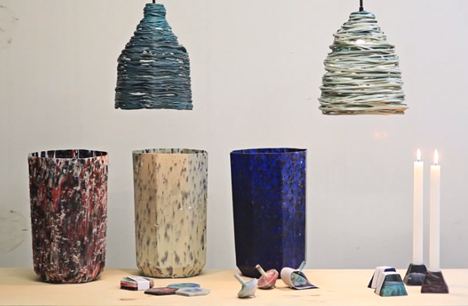
Image source: Dezeen
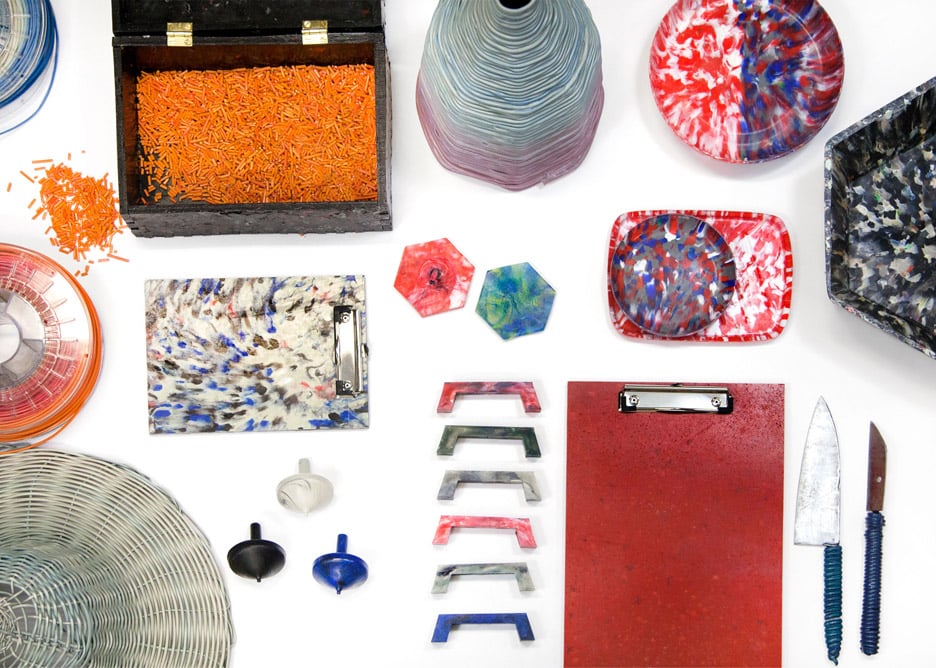
Image source: Dezeen
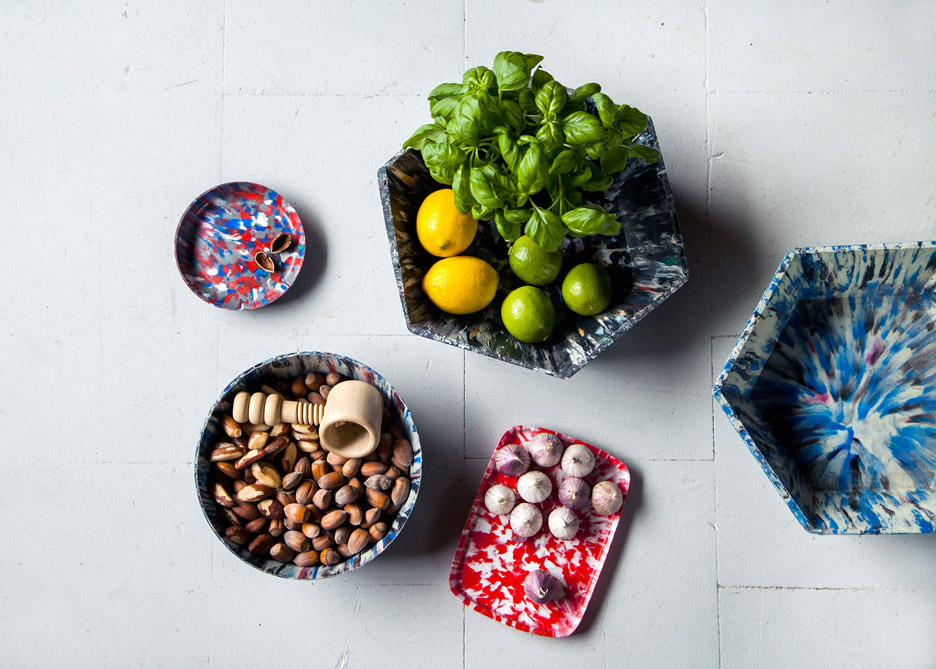
Image source: Dezeen
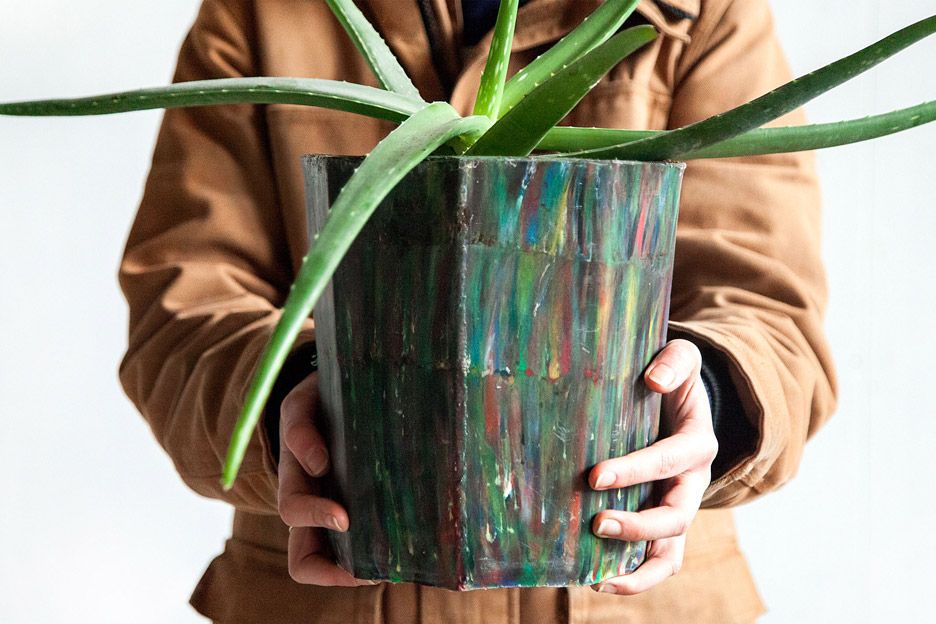
Image source: Dezeen
As you can see, there’s no shortage of applications for this sweet green tech. In countless colors, shapes, and forms, people all over the world can start crafting whatever their soon-to-be customers are craving.
So for those who might be skeptical about hopping onto a more sustainable bandwagon, it clearly isn’t a matter of cost. In the case of Hakkens and Precious Plastic, all it takes is getting to the root of the problem and letting our intrinsic need to accumulate money take over. Now with the proper tools, a new generation of entrepreneurial craftspeople are emerging to challenge the age old tradition of resource inefficiency.
Besides, without an Earth to do business on or customers to sell things to, how good would that bottom line really be? I don’t know about you, but finding more ways like this to exercise our need to create while cleaning up the planet is the real mark of a smart business owner. As the old saying goes: “Only when the last tree has been cut down; only when the last river has been poisoned; only when the last fish has been caught; only then will you find that money cannot be eaten.”
With that in mind, protecting the place where we live (that is, this beautiful blue jewel glistening in the sunlight) ought to be everyone’s business.
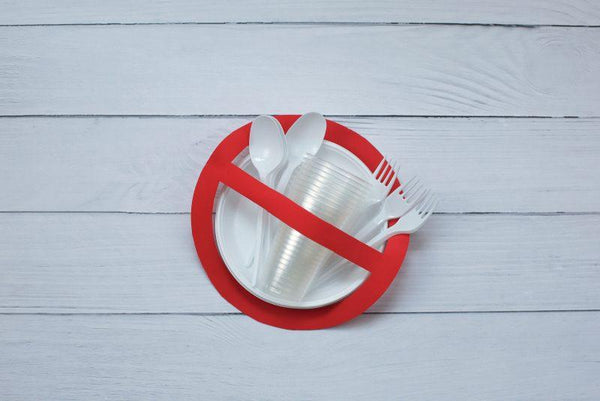
The European Parliament voted for a complete ban on a range of single-use plastic waste across the union in a bid to stop pollution of the oceans. The proposal also called for a reduction in single-use plastic waste for food and drink containers, including plastic cups.
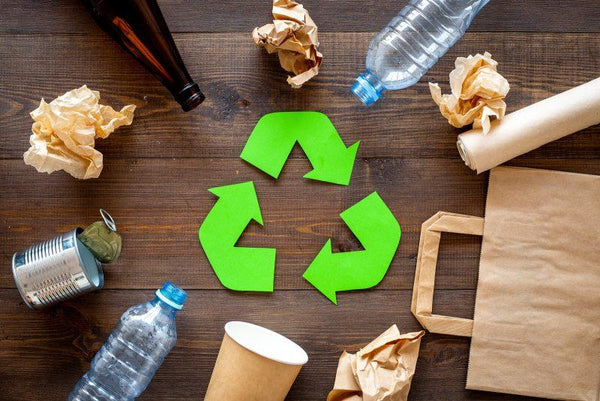
China has long been treated as our planet’s repository for plastic waste. The nation has accepted 45% of the world's total plastic recycling since reporting to the United Nations Comtrade Database began in 1992.
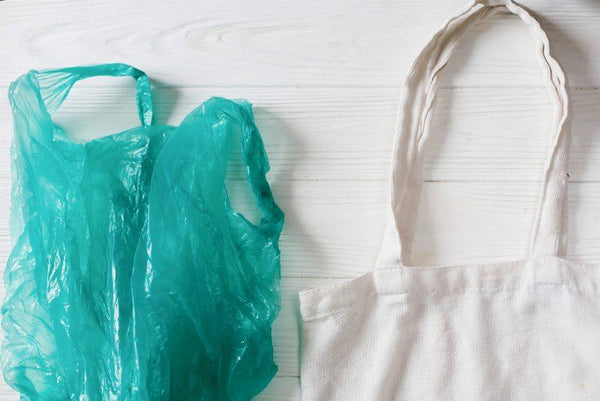
Even before plastic straw bans grew trendy, California was at the forefront of using less plastic and promoting more sustainable living. California pioneered a statewide ban on plastics beginning in 2016, when the state became the first in the U.S. to ban most stores from providing customers with single-use plastic bags, following a successful referendum. [...]